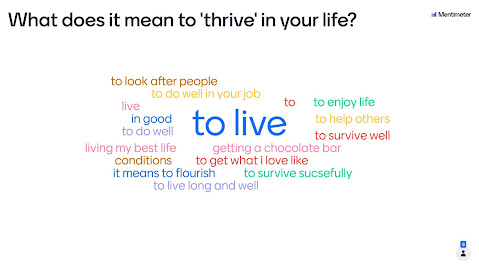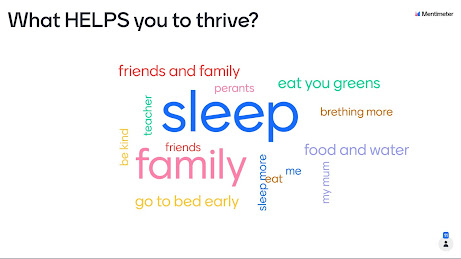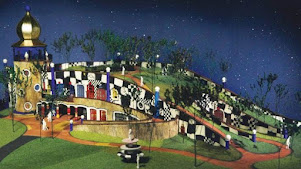This term we are looking at the development of civilisations and how they have influenced the world we live in today.
We started by looking at Greece and the Ancient Olympics - comparing them with the modern Olympics.
We looked at competition and whether we agreed with the ancient Greeks that competition fosters excellence.
The Olympic motto is made up of three Latin words : Citius - Altius - Fortius. These words mean Faster - Higher - Stronger. We thought about how people might strive to do this - what could help them?We followed by looking at Mesopotamia - the 'cradle of civilisation' and how life changed when a nomadic lifestyle settled into towns and cities with the advent of agriculture. We pretended to be Mesopotamian people and traded our goods so that we all had food as well as some other items like cloth, pots, tools. It was a noisy marketplace! Some tried their hand at writing in cuneiform (the first known written language) on plasticine tablets.
We discussed what changed once the basic needs of a steady supply of food and water were met. People could develop and specialise in other areas, such as art and architecture, law, invention, and trade what they created for food.





























